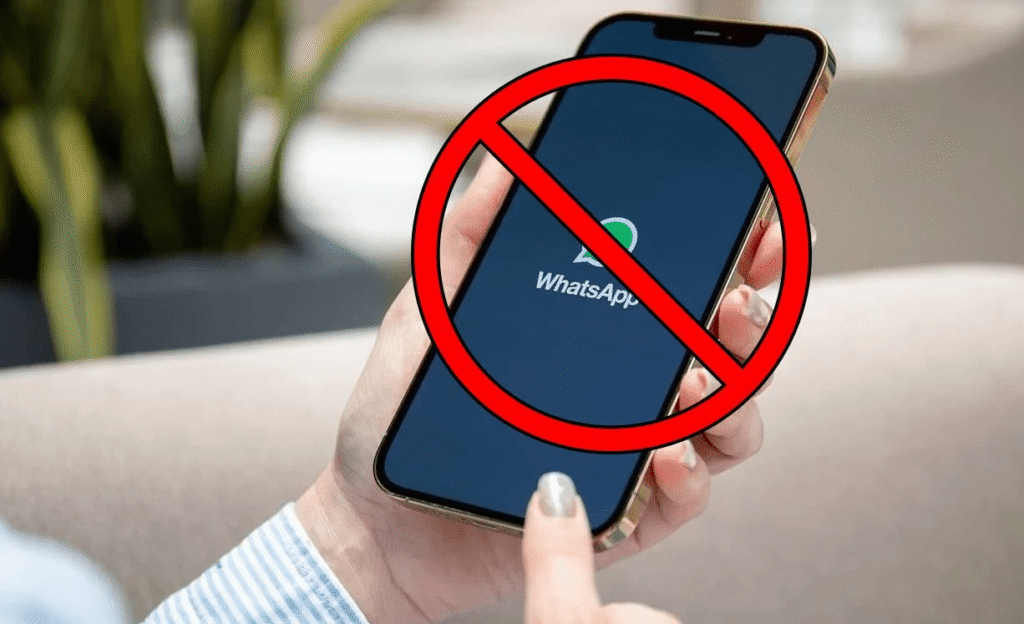WhatsApp Users ALERT! Messaging App to Stop Working on These Phones from May 5

WhatsApp Users ALERT! Messaging App to Stop Working on These Phones from May 5
Meta releases list of unsupported models as WhatsApp raises iOS minimum to version 15.1
In a significant update, Meta has announced that WhatsApp will stop functioning on select older iPhone models starting May 5, 2025. This move is part of the platform’s annual review to phase out support for outdated devices that can no longer meet WhatsApp’s technical and security standards.
WhatsApp will no longer work on:
- iPhone 5s
- iPhone 6
- iPhone 6 Plus
These models are unable to update beyond iOS 12, while the new minimum requirement is iOS 15.1.
Why the change?
According to WhatsApp’s updated FAQ, the decision follows their yearly review of operating systems with minimal user bases and outdated security capabilities. Devices that can’t receive regular security patches or lack required system features are considered unsuitable for safe and efficient app performance.
Apple itself has already branded the iPhone 5s, iPhone 6, and 6 Plus as obsolete, meaning official support and hardware parts are no longer available for them either.
Security and User Data at Core
Older phones pose a risk to data security, as they can’t run the latest encrypted features or performance enhancements. Meta’s decision aligns with its policy to ensure WhatsApp remains secure and functional for the majority of its 2.5 billion global users.
What users should do
Anyone still using the affected models is advised to upgrade to a newer iPhone, with iPhone 8 and iPhone X currently being the oldest supported models. However, these too may face future deprecation, as they stopped receiving Apple updates after iOS 16 in 2022.
Still using an old iPhone?
- If your phone cannot be updated to iOS 15.1 or higher, WhatsApp will no longer work starting May 5.
- This change affects both regular WhatsApp and WhatsApp Business accounts.
While the change impacts a relatively small segment of users, it may particularly affect those using hand-me-down phones—such as children, elderly parents, or users in developing markets.
Though disappointing to some, the shift is part of WhatsApp’s broader commitment to user safety and app performance. With these legacy devices now aging over a decade, their retirement from the WhatsApp ecosystem comes as no surprise.












